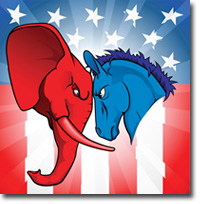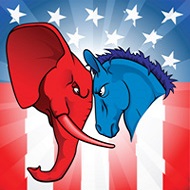Internal Revenue Service Commissioner John Koskinen stated in a recent article that the agency will push the re-do button for new regulations on political activity for 501(c)(4) organizations. This is welcome news for many in the nonprofit sector, as the regulations proposed last November were highly criticized—so much so that they garnered an unprecedented 150,000 comments before the February comment deadline, which Koskinen referred to in the article:
“There are very thoughtful comments and concerns, and one of the questions that has evoked a lot of comment is, once you define what political activity is, to what organizations should it apply in the 501(c) context and how much of it should be allowed? All of that is going to be very important.”
The regulations, which we’ve blogged about before, were criticized largely in part for being too broad and capturing non-partisan educational activity like voter guides and get-out-the-vote efforts. In addition, there was concern that once specifics are carved out in the regulations about what is considered measurable political activity, even if those regulations technically only apply to a type of exempt organization like 501(c)(4), it may start to serve as overall guidance and bleed over into other exempt areas. For example, even 501(c)(3) organizations (which cannot participate in any political campaign activity) have long been understood to be able to engage in truly non-partisan educational efforts like hosting a debate or producing a voter guide. Yet regulations that require such activities to be counted toward a 501(c)(4) organization’s allowable amount of political activity could start to change that view and restrict what 501(c)(3) organizations are comfortable doing.
On a related note, the IRS has released questions for its agents to use when examining an organization’s application for tax-exempt status. The questions are organized by issues, and there is a list of questions centering on lobbying and political activity. It is intended to help standardize the process for agents to request more information, and to help applicants be prepared for the follow-up questions they may receive.

